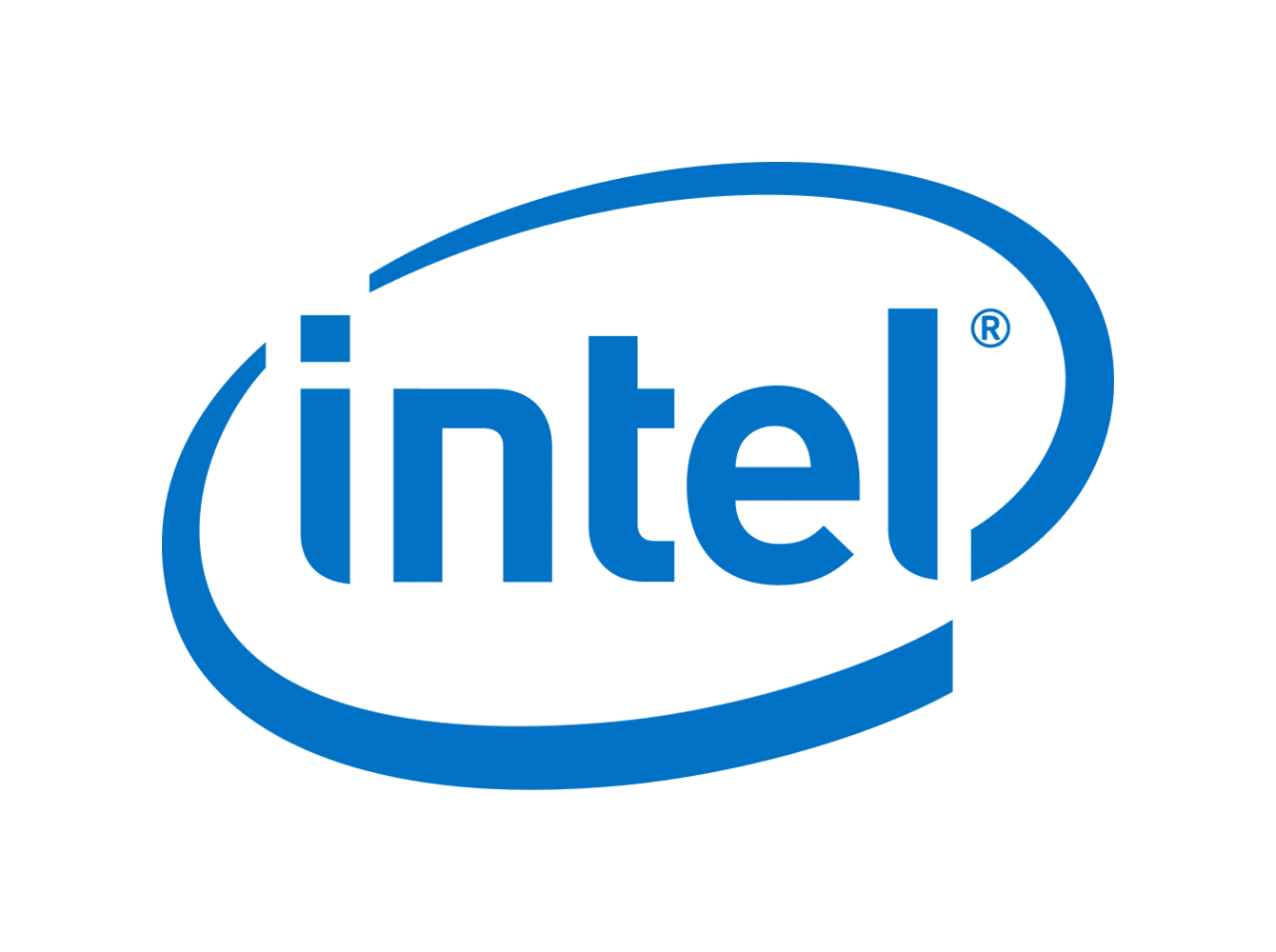x86 was about to die since 80s LOL.
x86 isn’t going anywhere yet. What might happen though is some changes in x86 that have already been proposed. More registers and removal of some old unused features.
Apple controls the entire ecosystem so they can make whatever changes they want. Others can’t do the same. For arm to become major player in high power devices you first need arm processors that are so significantly better that it makes sense to take the software compatibility hit.
People have claimed that x86 is about to die for well over 20 years now.
According to…you? Lol
I wouldn’t call it dead just yet, but there is more competition than before and that’s a good thing.
I think we’ll see X86 stick around on mobile platforms for a while, as there is plenty of power efficiency to squeeze out of chip designs yet. Meteor Lake looks very promising in that regard.
You made me laugh today, thanks.
Hope it dies.
Honestly, I dumped all my Intel stock after this release. Nothing will get Intel back on track… maybe in 10 years but Arm will be in full swing by then.
Hopeless company.
X86 isn’t dying, the overhead compared to arm is basically irrelevant these days.
Qualcomm and Apple simply have far more experience in designing ultra low-power SoCs, something that Intel, AMD, and Nvidia haven’t had to do quite yet.
Apple certainly set a new bar in power consumption (especially idle, video playback, and light use) and AMD and Intel have to meet that bar, but it’s not impossible and will be happening in a couple of generations.
Apple currently sits around 0.8W SoC+DRAM power when on a teams call. The benefits of optimizing more are mostly gone, maybe they can hit 0.6W in M3 or M4. And nothing fundamentally stops AMD or Intel from getting to those numbers.

